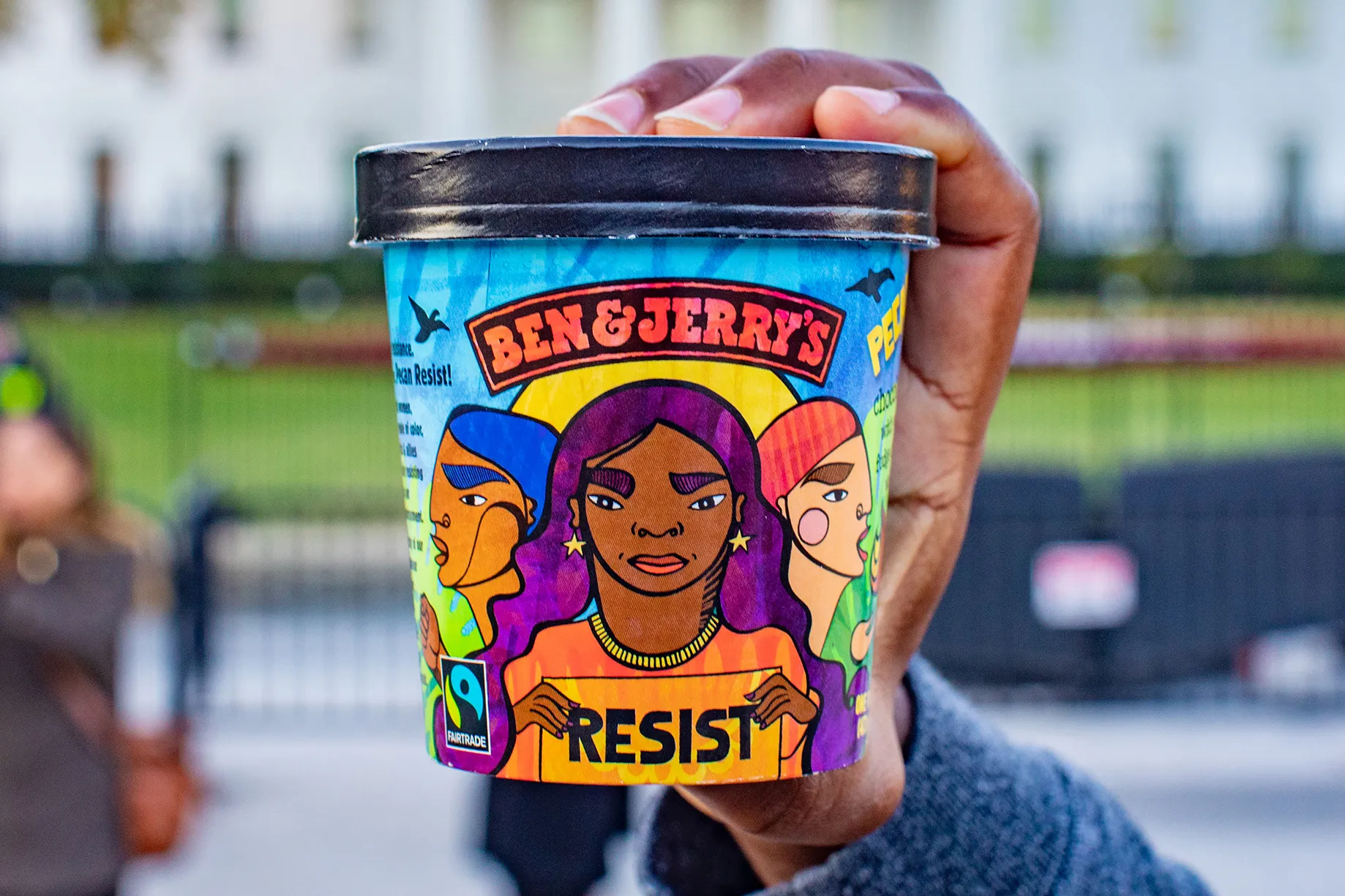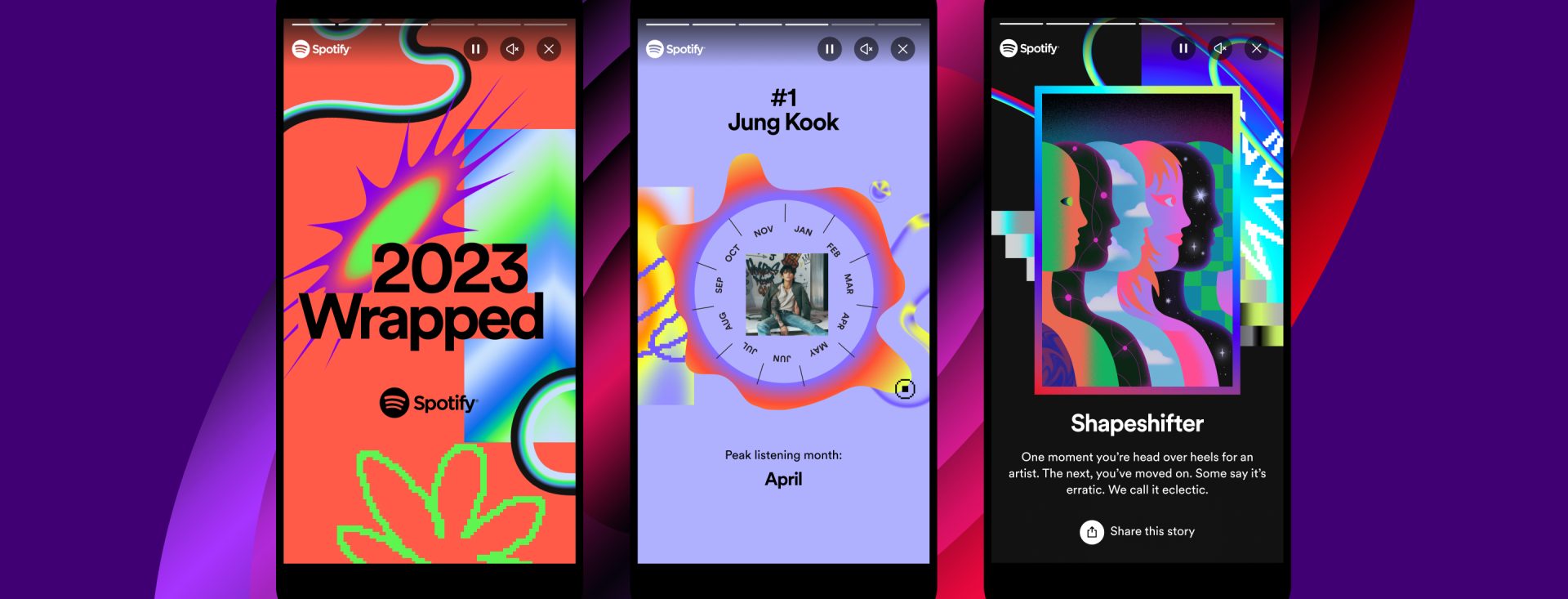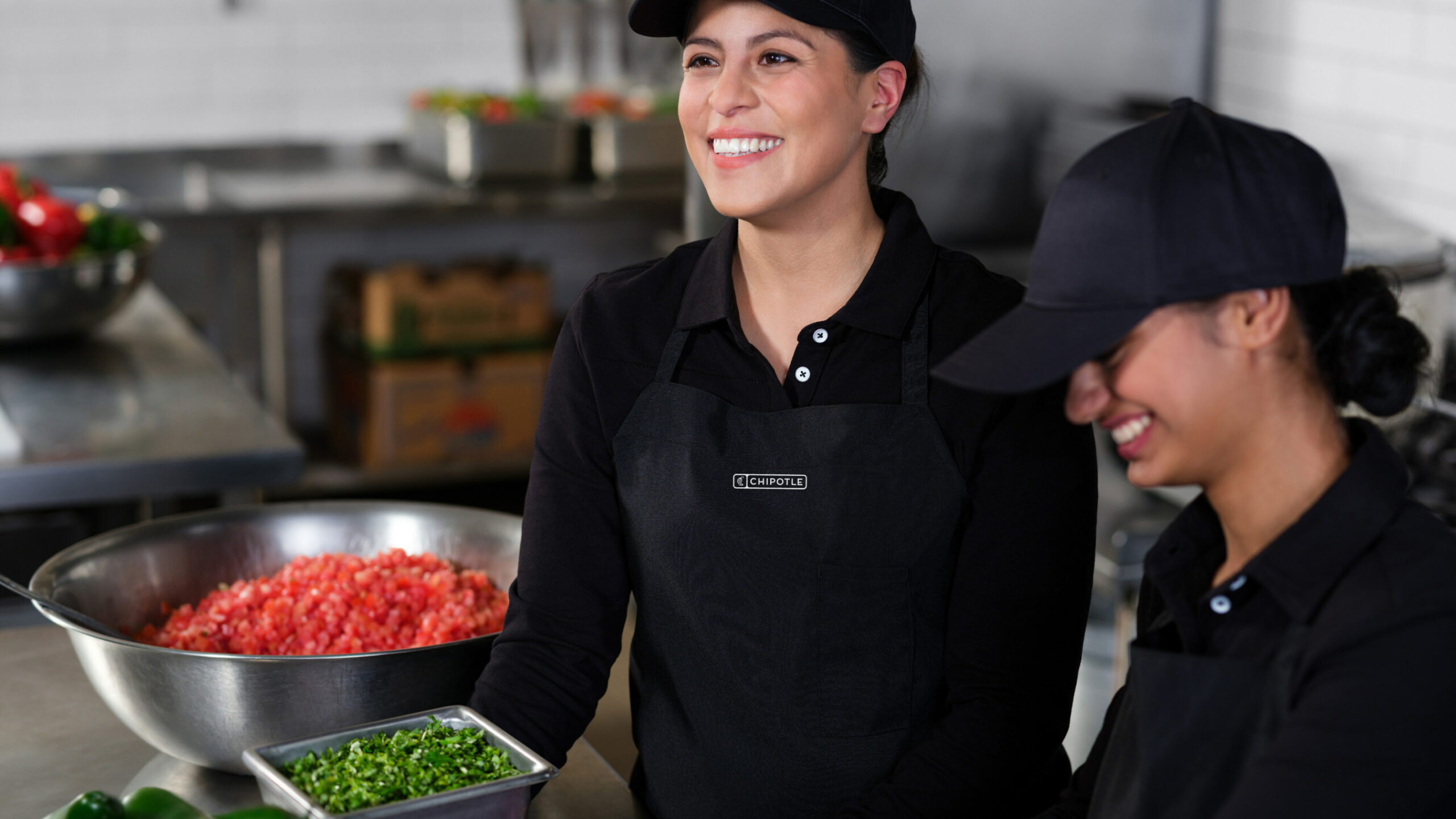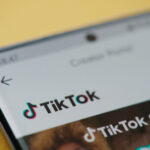The rapidly evolving landscape of consumer behaviour requires businesses to stay ahead, distinguishing themselves to remain relevant in the competitive market.
As widely acknowledged, Baby Boomers and Millennials have become active members of society and contribute to the economy. Due to this, brands have been creating marketing strategies to appeal to this demographic. On the other end of the spectrum, many younger people, or Generation Z, are now entering the workforce and increasingly gaining financial independence and spending power. Consequently, their influence on the market is becoming increasingly apparent.
At the moment, Gen Z is a critical demographic for brands to target as this market segment comprises about 1.2 billion people globally. Therefore, brands are facing a growing necessity to grasp Gen Z’s distinct needs and behaviours.
Who is Gen Z?
Generation Z, also called Gen Z, Gen Zers, Zoomers, or Zillennials, is a demographic cohort born from 1997 to 2012 and aged between 12 to 27 in 2024.
Gen Z’s Consumer Landscape and Its Impact
Based on the GFK Consumer Life Global Report 2023, Gen Z’s economic power is the fastest-growing around the world. According to the Bank of America, Gen Z’s income is set to grow 400% over the next decade to $33 trillion. The cohort will hold over a quarter of global income by 2030, and surpass Millennials’ spending power the year after.
Gen Z’s characteristics and evolving spending habits are reshaping the market landscape. Compared to preceding generations, Gen Z is equipped with distinctive perspectives, preferences, and expectations. Brands must implement new strategies to target Gen Z based on what appeals to this generation.

Here are five key aspects that brands need to factor in when targeting Gen Z, and how these aspects are transforming the global consumer landscape.
5 Gen Z Characteristics Brands Need to Understand
1. Digital Natives
Gen Z grew up in a highly connected, digital world with technology, the internet, and social media. Since Gen Z is leading a digital native lifestyle, they are capable of making quicker and more informed choices regarding their purchases. This marks an increased level of engagement with brands than ever before.
Unlike the previous generation, they are expected to engage with brands with a solid online presence, particularly on platforms like TikTok and Instagram. As reported by Statista, 62% claimed that they have reached out for information or assistance, and 25% have contacted brands over the internet just for fun.
Not only that, Gen Z’s communication style is characterised by visual content, memes, and short-form messages, which are heavily influenced by their digital upbringing. The recent HerCampus study found that 74% of Gen Z internet users use TikTok for search, and 51% favour it over Google, primarily due to its short-form video format.
Platforms like TikTok and YouTube Shorts now have become a staple in their daily life. Therefore, it shapes and impacts how information is disseminated and consumed in society.
Additionally, they are comfortable with online shopping and digital payments. They are also more likely to be influenced by online reviews, peer recommendations, and social media influencers to guide their choices. Hashtags like #tiktokmademebuyit and #flexispot have garnered millions of views and ignited a surge in social commerce trends.
As a result, Gen Z is leading the digital transformation. Their preferences and behaviours accelerate the digital transformation across industries, influencing how information is consumed, social connections are made, and business is conducted.
Reese’s Puffs is one example of a brand that has successfully won over the Gen Z culture. The brand revolutionised the breakfast cereal space by collaborating with artist KAWS, introducing limited-edition cereal boxes and an Augmented Reality (AR) game called KAWSPuffs. The campaign resulted in a 17% year-over-year sales increase and positioned the brand as a creative force in Gen Z culture.

2. Values-driven Culture
Gen Z tends to value authenticity and transparency. This generation also increasingly shows an interest in sustainability and ethical business practices. Gen Z prioritises products and services that positively impact the environment and society. Also, they may shun or boycott specific options that go against their values.
This is backed up by research conducted by Northumbria University, which described Gen Z as strongly aware of ethical and environmental issues. In addition, Gen Z has an immense desire to purchase high-value ethical products and seek value in their purchases.
Moreover, it was revealed that Gen Z leads a more sustainable lifestyle than other generations. They practise frugality, such as thrifting, recycling, and reducing clothing consumption.
The Global Sustainability Study 2023 also stated that 62% of Gen Z reported having pre-owned furniture, compared to 44% of Baby Boomers worldwide.
Authenticity, integrity, and social responsibility are central factors for this generation. Conventional marketing methods may be less effective with them. Hence, brands must align these values in their marketing strategies to connect with Gen Z consumers.

Innovative creator partnerships and purpose-driven campaigns that showcase a brand’s commitment to positively impact the world are one way to tackle Gen Z’s hearts. Brands like IKEA, Patagonia, and NIKE, among others, are effectively intertwining these values in their brand directions.
3. Active in Social and Political Activism
Because of its values-driven culture, Gen Z is also recognised for its strong sense of social justice and activism. Accordingly, they actively advocate for causes such as climate change, racial equality, and other global social issues. Their activism is capable of shaping public discourse and influencing corporate and governmental policies.
Besides that, Gen Z is also becoming more politically engaged and aware, using social media platforms to express their opinions and partake in political discussions.
Moreover, Gen Z is more diverse and culturally aware than previous generations. As such, this has pushed for increased representation and inclusivity in various spheres including media portrayals, in the workplace, and educational institutions.

It shows that Gen Z is aware of social issues prevalent in society, and knows that they have the power to make a positive impact. This is explained by their digital nativity, with unlimited and immense exposure to the information shared through social media platforms and online resources.
In a nutshell, Gen Z favours brands that take a stand on global issues and share the same stands and dedication as them.
Read more: What is Ethical Consumerism and How it Influences Your Brand
4. Desire for Personalisation & Uniqueness
Individual expression is significant in the mindset of Gen Z consumers. They seek products and experiences that mirror their individuality, enabling them to convey their distinctiveness.
Brands that provide customisable choices, limited edition releases, and innovative collaborations are poised to attract the interest and loyalty of these consumers.
Additionally, they appreciate and expect a degree of personalisation provided online. Due to that, brands also must reimagine approaches that were typically done in a physical space as digital experiences.
Brands like Spotify are championing this user-generated personalisation. As Spotify primarily focuses on music discovery, the brand has devised a method to personalise its service for its users. By understanding users’ behaviours and preferences, the algorithm delivers tailored playlists and recommendations on a daily and weekly basis.
The most anticipated product from Spotify is the annual ‘Spotify Wrapped’, giving users a hyper-personalised experience. Spotify sends users a year-end report based on their music consumption in the past year, all packaged and ready to be shared on social media, creating a trend other businesses are quick to pick up on.
‘Spotify Wrapped’ allows each user to serve up a story where they are the main character. It was reported that 551 million people use Spotify monthly, and 220 million are subscribers, which makes the brand the top audio streaming provider.

Personalised customer experiences should be highly visual, omnichannel, and interactive. This demonstrates a brand’s genuine concern for its customers, providing them with a compelling incentive to remain loyal.
5. Favour A Pragmatic Approach
Many individuals within this generation are pragmatic in their approach. Given the economic challenges and uncertainties they have witnessed, especially during the COVID-19 pandemic, they tend to be pragmatic in their financial approach.
What this means is considering freelancing, gig work, or entrepreneurship as feasible options. Beyond that, they may prioritise saving, budgeting, and making informed financial decisions to secure their future.
Analysis conducted by Finder.com found that 68% of Gen Z in the UK make money from a side hustle, surpassing any other generation. The popularity of side hustles is related to several factors, including greater usage of apps and online platforms that allow easy ways to set up these hustles, such as selling clothes online or creating TikTok content.
Meanwhile, as Gen Z enters the workforce, their attitudes toward work, preferences for job flexibility, and entrepreneurial spirit influence the economy. Likewise, they are practical about their career options and are often willing to discover non-conventional paths to achieve their goals.
Consequently, more companies are adapting to attract and retain valuable Gen Z talent, leading to changes in workplace policies and practices.

A recent example is Chipotle, which has announced an enhanced benefit via its new Employee Assistance Program. The brand will provide additional financial wellness and mental well-being support to its employees.
Besides that, the benefits include assistance in paying off student debt while saving for retirement. It is reported that more than 73% of Chipotle’s restaurant employees are Gen Z, and these new benefits cater to the challenges they are facing. Introducing new employment programs and other value-added benefits can help attract and support the growing Gen Z workforce.
A Way Forward for Businesses
In order to tailor marketing strategies to appeal to Gen Z consumers, brands need to be attentive to Gen Z’s viewpoints and actively engage them at every level of the business. By leveraging on their willingness to be understood, brands can gather valuable insights and tailor their offerings to match the unique preferences of these consumers.
Gen Z is progressively reshaping the consumer landscape through their tech-savviness, values-driven culture, pragmatic approach, socio-political awareness, and a desire for personalisation.
Understanding and responding to these aspects are crucial for businesses, institutions, and policymakers to navigate the evolving landscape shaped by Gen Z. Gen Z are not just the consumers of tomorrow, but they are actively shaping current trends and influencing markets today.


